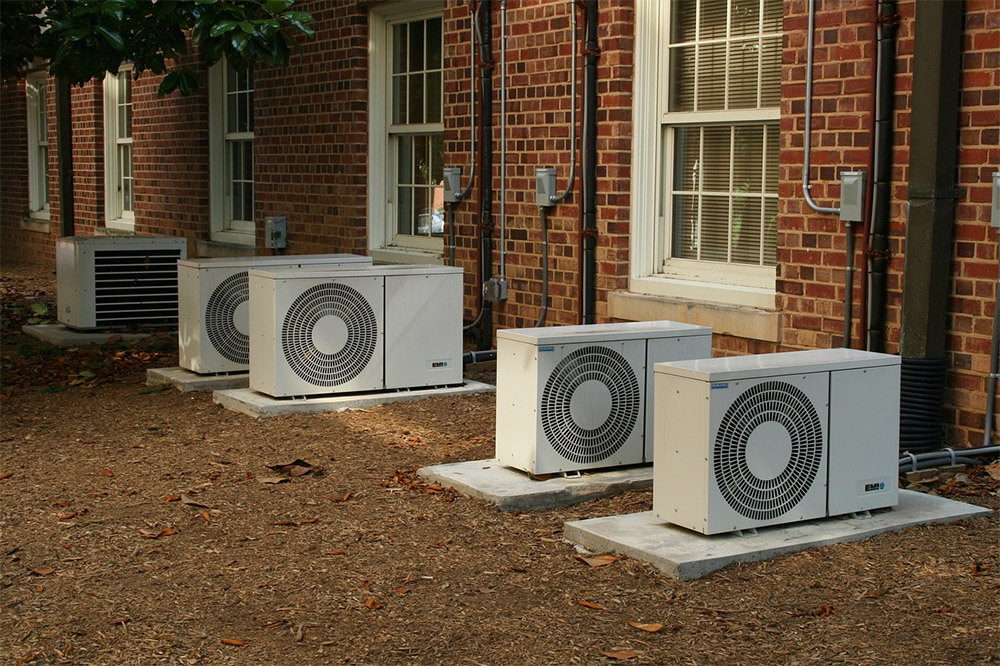Your air conditioning system is crucial to providing comfort for your home, but things can happen sometimes that reduce your AC unit’s efficiency. A common problem as these systems age and experience natural wear and tear is leakage. There are a number of reasons as to what causes the leaks, and they can result in decreased cooling efficiency, which can lead to higher energy bills.
The weather in Colorado can be an ever-changing monster, meaning you never know when you might need to turn on the air conditioner to remain comfortable. Finding trusted AC repair in Denver will help identify these problems, and uncover what types of repairs are needed. While some units may require minimal repairs, you may also need to replace parts or the entire unit in some cases.
AC Leaks Can Happen Through Simple Everyday Use
Your AC unit is a machine, which means it’s going to break down eventually. One of the most common causes of leaks by simple wear and tear is corrosion or rust. Over time, the components inside your air conditioner can corrode or rust because of exposure to moisture or chemicals. This corrosion weakens the integrity of the components, causing potential leaks. Because these units have a lot of moving parts, the vibration of the components can lead to wear and tear on those same connections, which can also cause leaks to develop.
Normal use will cause the components to deteriorate over time, which is why it’s important to have your system checked at least annually. This will identify cracks or holes or seals that have been weakened. Since the unit is outside, it’s also open to the elements. Physical damage from accidental impacts or things like hail storms can damage or dislodge components, allowing for an increased chance for potential leaks.
Get Your AC Unit Inspected
Air conditioners run through a complex system, and if one of those parts goes haywire, there is the potential for leaks. Clogged drain lines can be a common cause, as these clogs can cause water to back up and leak into the surrounding areas. The AC unit pulls the moisture from the air, and this moisture needs to get drained away. Things like algae, debris, or mold can cause these back-ups.
If condensation builds up on AC components – particularly the evaporator coil – intermittent freezing and thawing can occur. If the system is working in a way that causes this freezing and thawing to happen repeatedly, it can lead to leaks and cracks. Your unit also has refrigerant flowing through the system, and any leaks in the refrigerant coils, lines, or other components can result in a refrigerant leak that could damage the environment.
Leaks can cause a lot of problems to your energy efficiency, leading to inconsistent cooling and higher energy bills. It’s important to have a professional technician inspect and service your system on a regular basis. If you suspect a leak, it’s important to address it promptly to make sure it’s working optimally, and to prevent further damage to the system.

